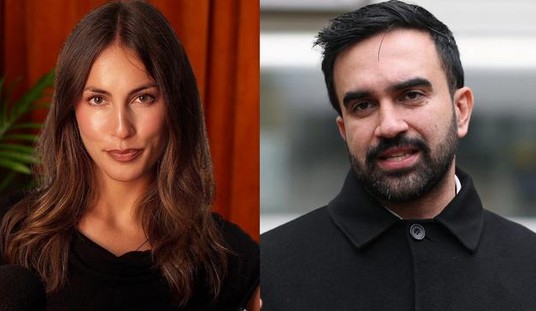Increasingly, ine turns to the New York Times to see what the fever-swamp precincts of the Nutty Left are up to, and this essay the other day did not disappoint:
IT is time to talk about President Obama’s contingency plan for health care. The Supreme Court heard oral arguments earlier this month in King v. Burwell, a case challenging the provision of tax credits on federal insurance exchanges. While the legal issues are dry lawyers’ fare — how to interpret several interconnected phrases of the Affordable Care Act — the practical stakes are high. The government estimates that millions of Americans will be left without affordable health insurance if it loses.
While the administration may well prevail, it has expressed remarkable pessimism about its options if it does lose. The secretary of health and human services, Sylvia Mathews Burwell, wrote to Congress last month about the administration’s lack of a contingency plan: “We know of no administrative actions that could, and therefore we have no plans that would, undo the massive damage to our health care system that would be caused by an adverse decision.”
But luckily the Constitution supplies a contingency plan, even if the administration doesn’t know it yet: If the administration loses in King, it can announce that it is complying with the Supreme Court’s judgment — but only with respect to the four plaintiffs who brought the suit.
Well, that would certainly be petty enough to appeal to the Emperor Hussein’s overweening vanity and constant pique. Plus, it would be, like, totally legal!
This announcement would not defy a Supreme Court order, since the court has the formal power to order a remedy only for the four people actually before it. The administration would simply be refusing to extend the Supreme Court’s reasoning to the millions of people who, like the plaintiffs, may be eligible for tax credits but, unlike the plaintiffs, did not sue.
To be sure, the government almost always agrees to extend Supreme Court decisions to all similarly situated people. In most cases, it would be pointless to try to limit a decision to the parties to the lawsuit. Each new person who was denied the benefit of the ruling could bring his own lawsuit, and the courts would simply rule the same way. Trying to limit the decision to the parties to the suit would just delay the inevitable.
But the King litigation is different, because almost everybody who is eligible for the tax credits is more than happy to get them. Most people who receive tax credits will never sue to challenge them. Lawsuits can be brought only by those with a personal stake, so in most cases the tax credits will never come before a court. The administration is therefore free to follow its own honest judgment about what the law requires.
It’s just crazy enough to work! Or maybe not:
Could the Barack Obama administration really ignore an adverse Supreme Court judgment in the King v. Burwell health-care litigation, as a University of Chicago law professor has proposed? Of course not. Obeying the court only with respect to the plaintiffs in this case would be a flagrant violation of the rule of law. It would put the administration in the position of flouting the court’s authority. It would be substantially more outrageous even than the Alabama Supreme Court’s order to its probate judges to ignore a federal ruling striking down the state’s anti-gay-marriage law. For these reasons, it’s also completely unrealistic.
The argument advanced by William Baude in an op-ed article in Tuesday’s New York Times is based on the kind of technicality that makes people hold their nose when they smell a lawyer coming. Whenever a court decides a case, it formally binds only the parties who are involved in that case. Unless it’s a class action with a large group of plaintiffs or defendants who were identified by their circumstances rather than by their names, you can always say after any judicial decision that the case doesn’t apply to anyone who isn’t before the court…
In the real world, what makes a judicial ruling into law is not simply the prediction that it will be followed. It’s the consensus within the society that the judicial precedent actually forms a rule that guides conduct. Take away that consensus, and you no longer have the rule of law.
Some might say that’s the whole point.









Join the conversation as a VIP Member